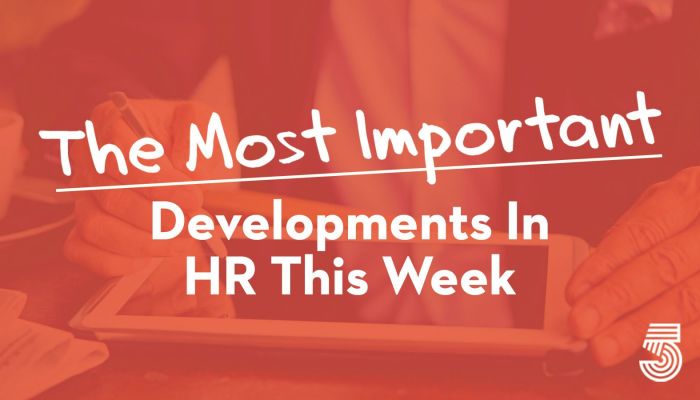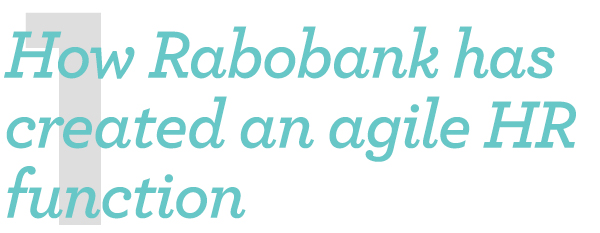
On this week’s episode is Tertia Wiedenhof, Global Leader and Product Owner for the People Analytics and Insights Team at Rabobank. To reflect the advance of new technology, the changing needs of customers, the emergence of new competitors, and changes in the way we work, Rabobank is shifting to agile ways of working as it transforms into a fast-moving, digital co-operative bank. HR at Rabobank was one of the early adopters in embracing agile, but what does this actually mean to the work of HR? What does it mean to the approach to people analytics, both in the way the function is set up and the focus of its work? In our conversation Tertia and I discuss: How the shift to agile has intensified the focus on employee experience, how the people analytics team is set up and how it collaborates with the business, the impact the move to agile has had on the HR operating model, how to design, test and iterate products with and for employees, and the changes in skillsets required to flourish with agile ways of working. My HR Future

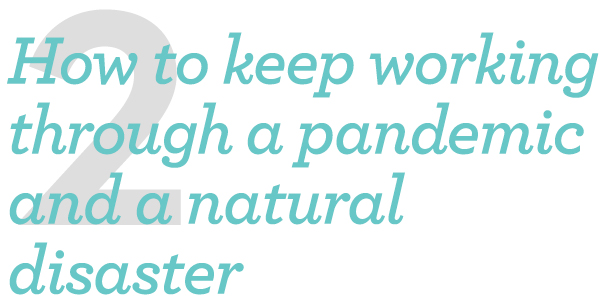
The COVID-19 pandemic upended workforce management. Some people are doing their jobs from home while others go into the office, and still others are on hybrid schedules. With many pandemic protocols still in place, a hurricane, tornado or wildfire could further scramble workforce management. So how do HR professionals and other managers maintain some semblance of normalcy during both a pandemic and a natural disaster? Experts provide the following six tips: Develop an emergency communication plan. Assign tasks ahead of time. Be flexible and understanding. Conduct emergency drills. Evaluate your company’s technology. Lift employees’ spirits. SHRM

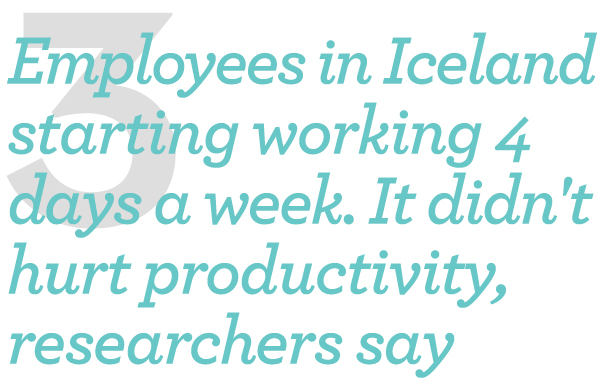
Researchers in Iceland have found that a four-day work week, without a pay cut, improved workers’ well-being and productivity. For four years, researchers tracked 2,500 employees who reduced their workweek to 35 to 36 hours, according to a study published by Autonomy, a progressive think tank based in the United Kingdom. Researchers found that “worker wellbeing dramatically increased across a range of indicators, from perceived stress and burnout, to health and work-life balance.” At the same time, productivity remained the same or improved for the majority of workplaces. The trial reflected the working population’s wishes. “By the time of this report’s publication in June 2021, 86% of Iceland’s working population are now on contracts that have either moved them to shorter working hours, or give them the right to do so in the future,” the study noted. “These trials are therefore an incredible success story of working time reduction, of interest to campaigners and workers worldwide.” USA Today

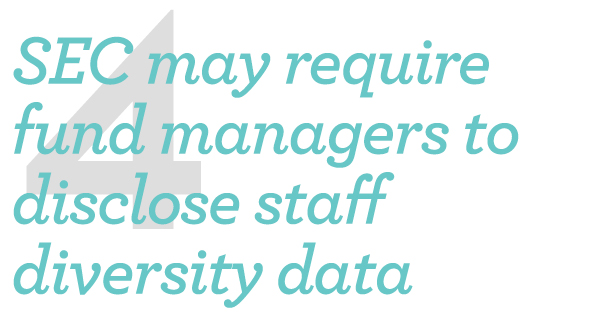
U.S. Securities and Exchange Commission Chair Gary Gensler said the agency is examining whether to require asset managers to bolster disclosure of workforce and management diversity. “I have asked SEC staff to consider ways that we can enhance such transparency,” Gensler said Wednesday at an SEC event. That could include requiring disclosure of “aggregated demographic information about an adviser’s employees and owners,” he said. Gensler said it may also include having fund managers disclose their diversity and inclusion practices when selecting other advisers. Banks and fund managers have been under pressure for years from investors and lawmakers to diversify their staff and leadership. Bloomberg

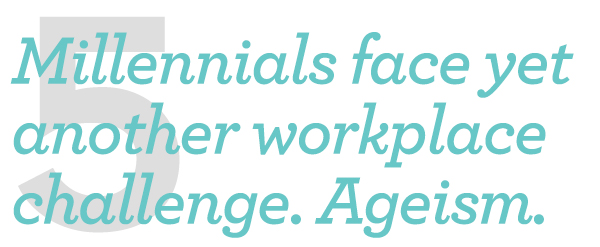
Jenn Steinhardt has had her credentials questioned, been excluded from meetings she should’ve participated in, and dealt with bias in interactions with coworkers — all because she’s a millennial. The 32-year-old service coordinator for an audio-visual company is among the 31% of working adults who have experienced ageism in the workplace, according to a new Harris Poll conducted exclusively for Fast Company. Among younger millennials and members of Gen Z, it’s 36%. A perceived lack of experience may be the driving reason behind this treatment, the poll finds. Forty-four percent of this group agree that people their age are viewed as inexperienced, versus 28% of older millennials and Gen Xers up to age 56. Among employed adults of all ages, 37% reported feeling that people their age are viewed as out of touch at work, the Harris Poll reveals. That grows to 39% for workers over age 41, who are Gen Xers or baby boomers. But it’s not just older workers who feel that way: 38% of Gen Z and younger millennials do, as well as 30% of older millennials. The disconnect is as old as time, argues Dan Schwabel, managing partner at Boston-based Workplace Intelligence, a workplace research and thought leadership firm. It stems from caricatures up and down the age ladder. Fast Company







